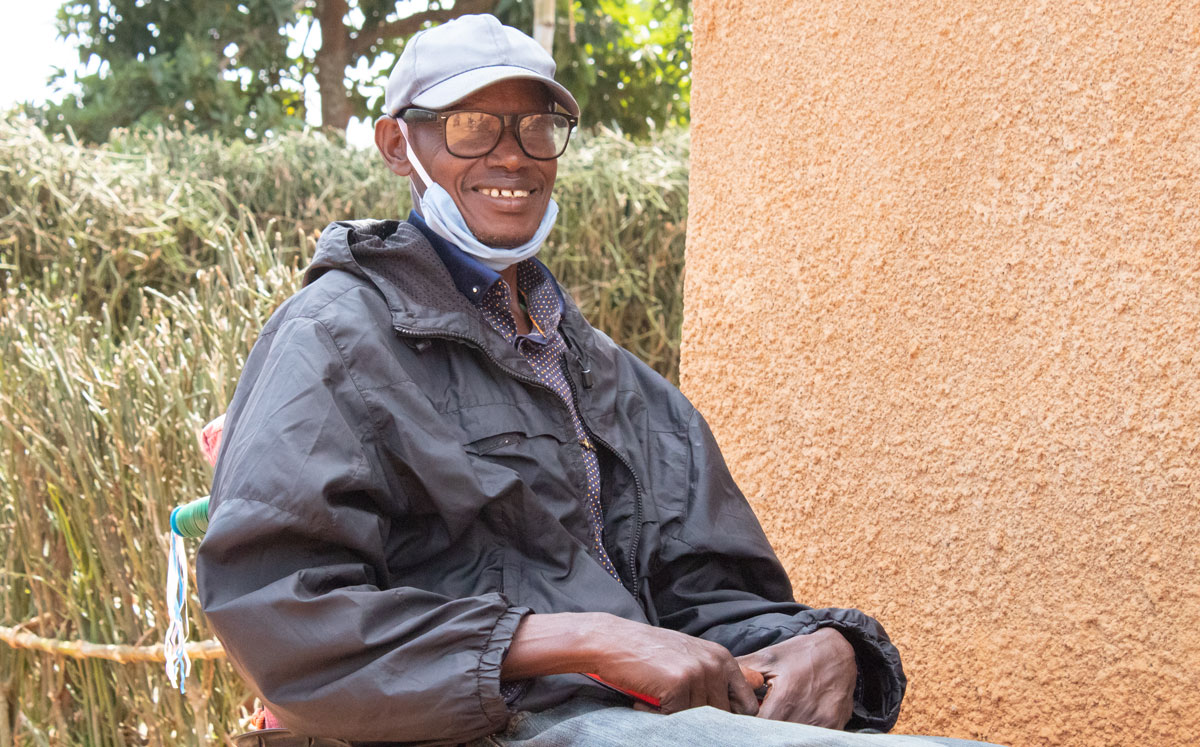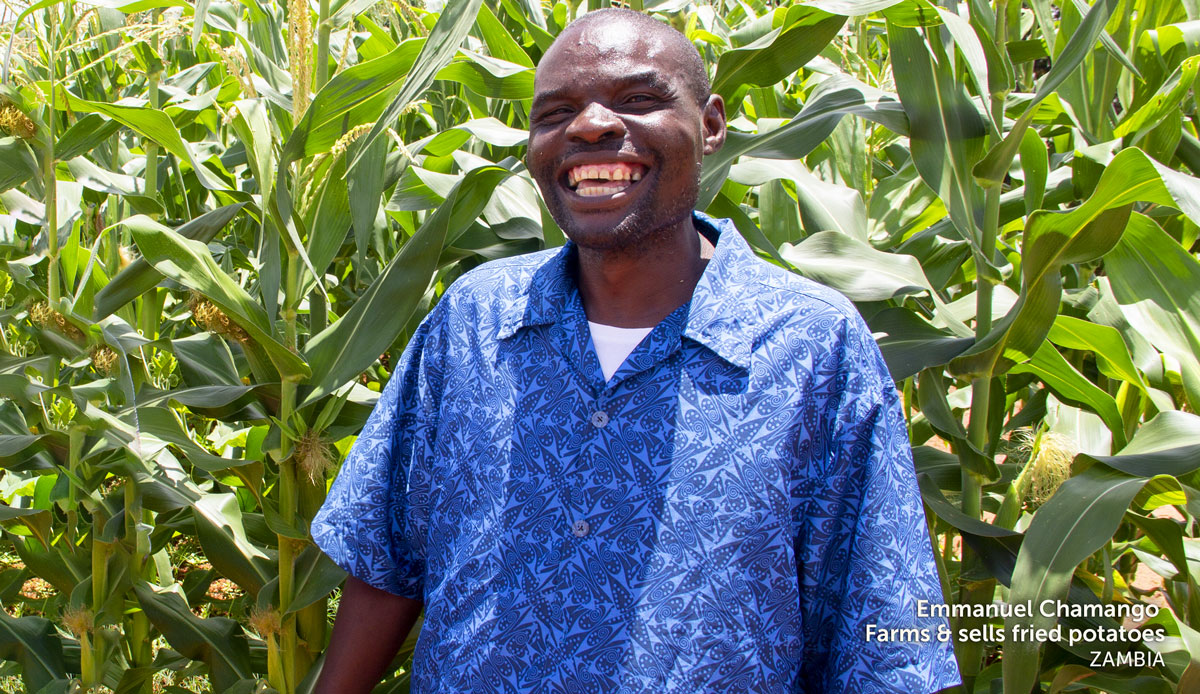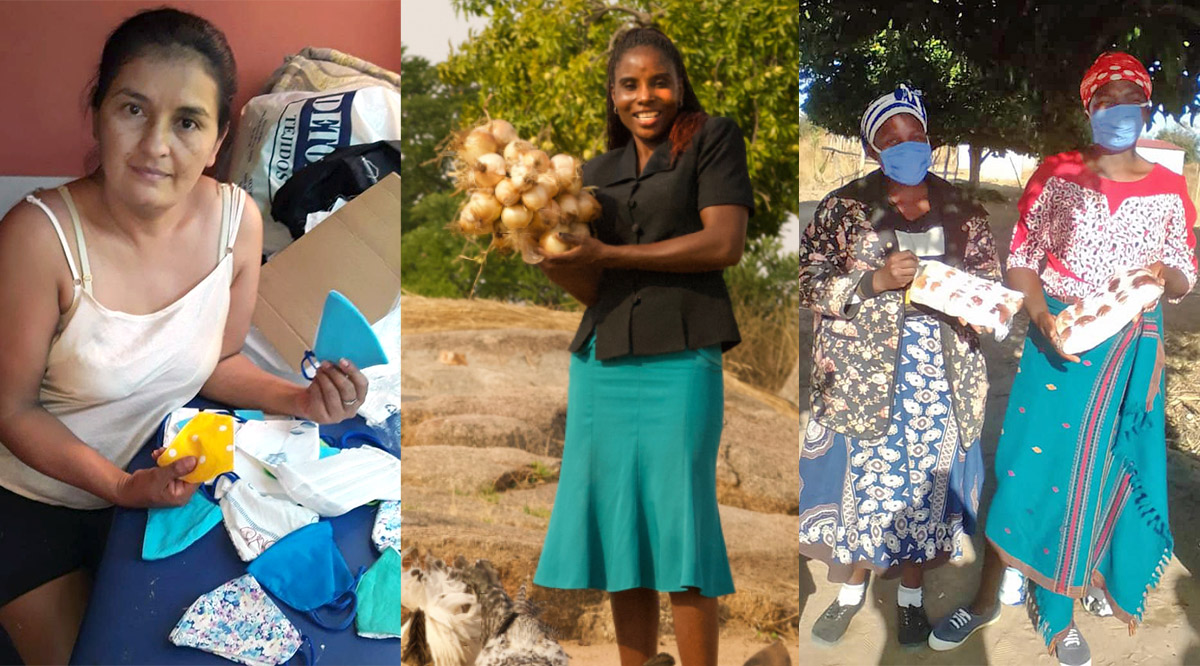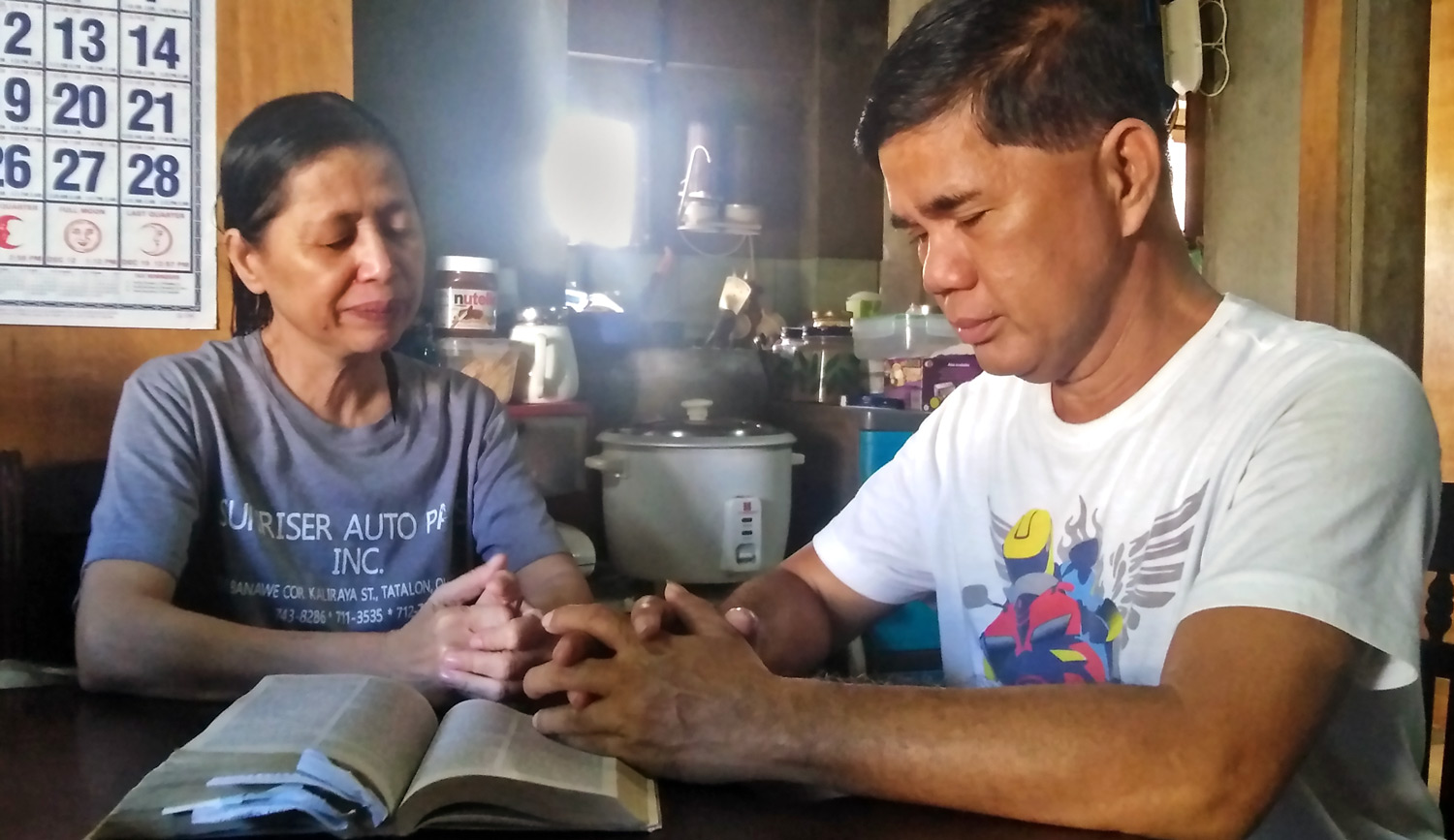Living in a remote community on the outskirts of Comas, Peru, Margarita Moreno collects and sells discarded bottles and recyclables. This summer, Peru experienced a surge in COVID-19 deaths, leading the country to enter a time of severe lockdown. While this time could have left Margarita feeling more isolated than ever, her connection in community has instead grown stronger. Continue Reading…
Archives For Stories we love
HOPE Intl
Oct 5 2020
HOPE Intl
Stories we loveHOPE Intl
Sep 9 2020
HOPE Intl
Stories we loveHOPE Intl
Aug 27 2020
HOPE Intl
News Stories we loveHOPE Intl
Aug 10 2020
HOPE Intl
Spiritual Integration Stories we loveHOPE Intl
Aug 4 2020
HOPE Intl
Stories we loveHOPE Intl
Jun 10 2020













 In 2006, Leah took her first loan from CCT (the Center for Community Transformation), HOPE’s local partner in the Philippines, to help her scale up her transportation business. Since that time, she has added a line of trucks and buses and expanded into managing a grocery store, a cooking gas business, and a large logistics operation. With later loans, she even purchased a cargo ship to transport agricultural supplies to the small island she lives on.
In 2006, Leah took her first loan from CCT (the Center for Community Transformation), HOPE’s local partner in the Philippines, to help her scale up her transportation business. Since that time, she has added a line of trucks and buses and expanded into managing a grocery store, a cooking gas business, and a large logistics operation. With later loans, she even purchased a cargo ship to transport agricultural supplies to the small island she lives on. 







